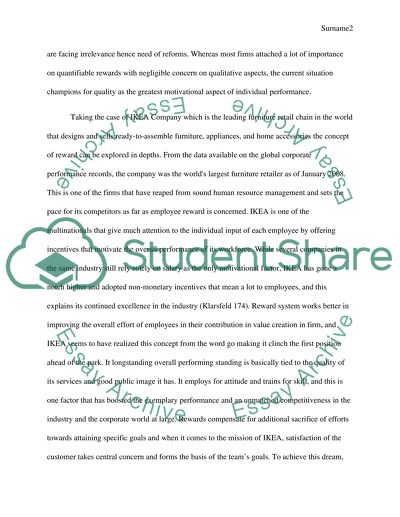Cite this document
(“Motivation, Rewards Systems and Employeee Performance Term Paper”, n.d.)
Retrieved from https://studentshare.org/marketing/1495544-motivation-rewards-systems-and-employeee
Retrieved from https://studentshare.org/marketing/1495544-motivation-rewards-systems-and-employeee
(Motivation, Rewards Systems and Employeee Performance Term Paper)
https://studentshare.org/marketing/1495544-motivation-rewards-systems-and-employeee.
https://studentshare.org/marketing/1495544-motivation-rewards-systems-and-employeee.
“Motivation, Rewards Systems and Employeee Performance Term Paper”, n.d. https://studentshare.org/marketing/1495544-motivation-rewards-systems-and-employeee.


